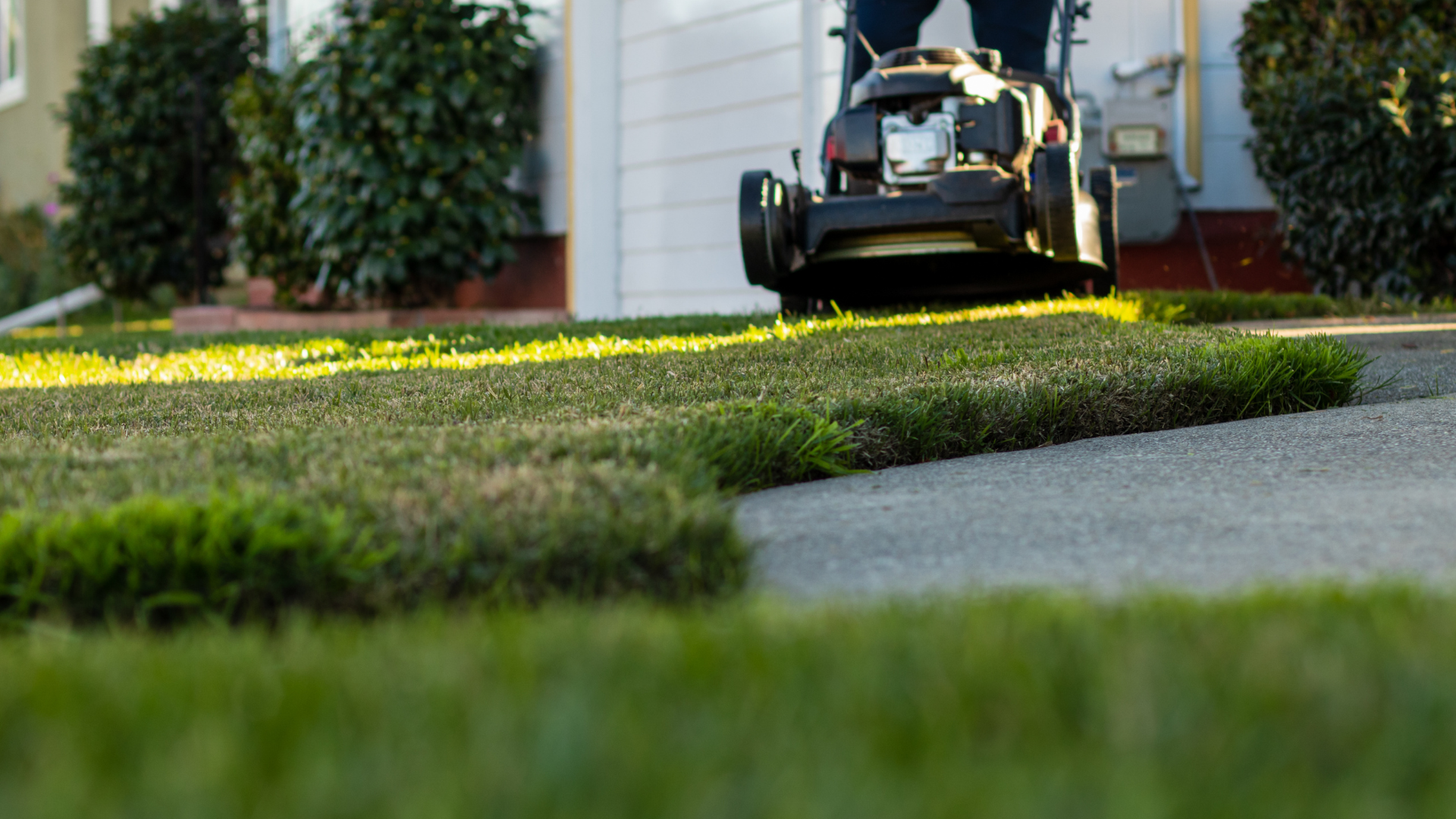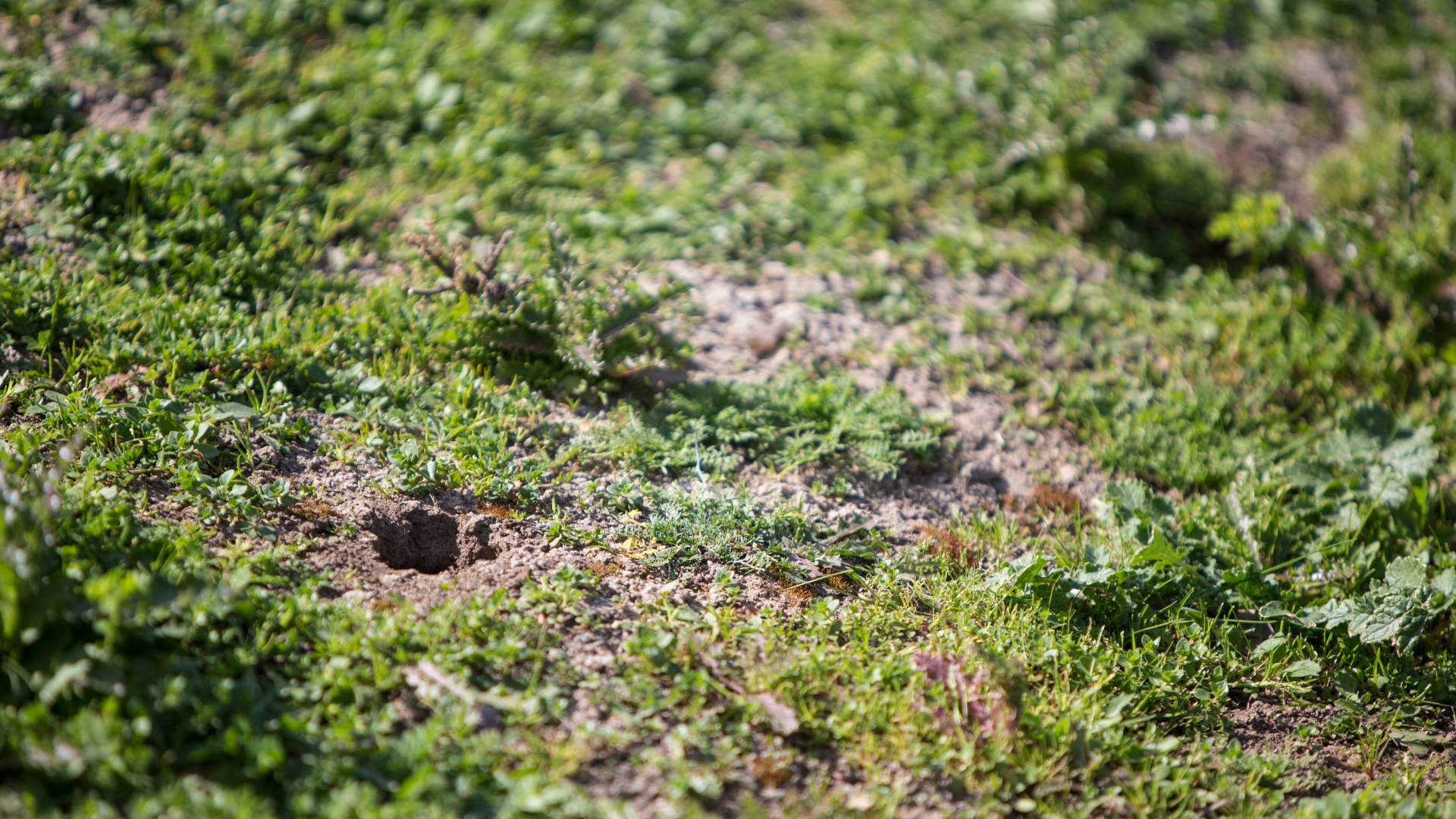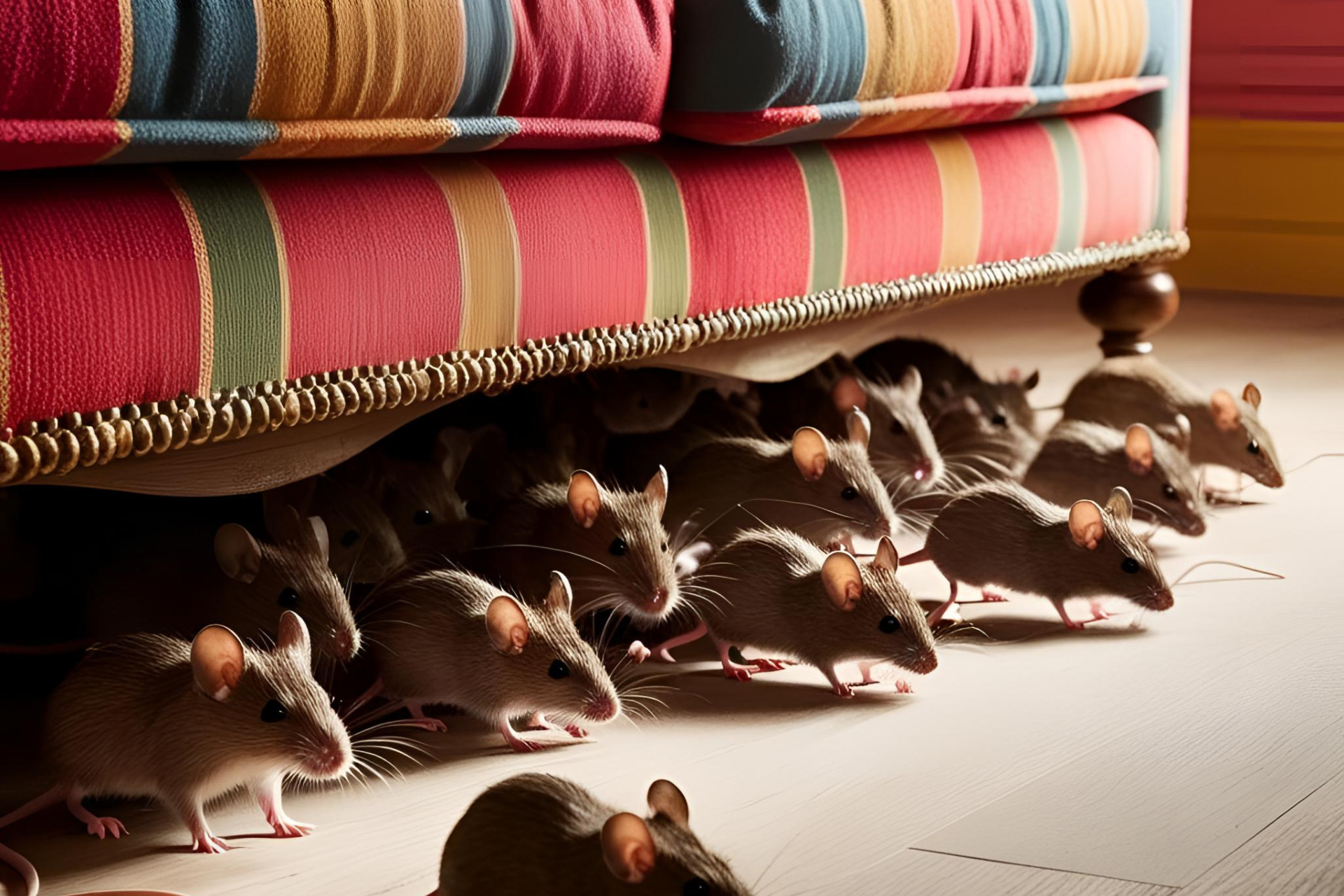Please Don't Feed The Wildlife.
Feeding wildlife might appeal to anyone who loves animals and wants to see them do well. However, the benefit that we might think comes from feeding our non-domesticated friends is greatly outweighed by the bad outcomes that are likely to result.
As a starter, it is generally unlawful to feed wildlife. California law prohibits feeding wild animals in a manner that is likely to change their general behavior. In Los Angeles County, it is specifically unlawful to feed wild rodents, including squirrels or "mammalian predators." Mammalian predators are defined to include raccoons, opossums, foxes, and coyotes.
California's Department of Fish and Wildlife has a program called "Keep Me Wild" that is intended to promote the health of wildlife and humans by discouraging the feeding of wild animals. The slogan of the initiative is "Wild animals don't need your handouts. They need your respect."
Providing food for them can also directly help invasive and non-native pest species survive in our ecosystem when they naturally would not. The pest species that are inadvertently supported are commonly associated with public health risks that harm humans and the animals naturally present in our area. The eastern fox squirrel is one example of a non-native species that is now directly competing with the western gray squirrel native to California. Providing food for an invasive species damages the viability of many native species that cannot compete for food naturally as a result.
Wild animals can carry and transmit various diseases to humans and pets. They can transmit disease through direct contact by clawing or biting and indirectly through their droppings, urine, and shed skin or hair.
Feeding one species invariably leads to attracting others that often only come around at night. They may leave behind evidence, like droppings, tracks, and the smell of their urine. What you are not likely to see is where they are spending the daylight hours. Skunks, raccoons, and opossums may be sleeping in the daytime in your attic, inside wall structures, or under decking or porches.
Gophers, moles, and voles may be attracted to food intended for other wildlife species, and once they have found some easy food on your property, they may set up housekeeping underneath your yard, digging and damaging your lawn, other plants, and landscaping.
Giving wild animals food that is not part of their natural diet can cause developmental and other health problems. Feeding them even for a short time can alter their natural behavioral patterns and often causes them to return, and they may become more aggressive in looking for a meal, even when it isn't offered. Becoming accustomed to finding food on your property can cause wild animals to lose their natural fear of humans, and that can lead to big trouble.
Avoid unintentionally feeding aggressive raccoons and opossums by using secure trash receptacles that close tightly and securely. Raccoons are especially smart when it comes to defeating simple locking mechanisms to get at a meal. If a raccoon or opossum gets into your outdoor garbage, the mess they make can attract mice and rats in the area to come and share in the feast as well. Also, be sure to keep pet food stored securely indoors and avoid feeding or watering your pets outside.
The Pacific Flyway passes directly through Southern California and is the natural path taken by migratory birds in western North America. As a result, our area is a temporary home during the year for many different bird species. Feeding by humans has led to disruptions in natural migration patterns.
If you decide to feed birds, consider researching what species are present in different seasons and providing appropriate seeds. Also, keep a few simple rules in mind to minimize attracting unwanted visitors. Generally, the main thing to keep in mind is keeping the seed off of the ground as much as possible.
Bird feeders with trays that catch spilled food are easy to clean and help keep mice, rats, and squirrels from rummaging around more than normal. Squirrels are clever and persistent, and baffles or other exclusionary material can help prevent them from reaching and scattering seeds.
If you are experiencing issues with wildlife on your property, let 101 Gopher & Pest Control help out. Owned and operated by Mark Morales, we have served loyal customers throughout Ventura and Los Angeles counties for many years. Check with us today for answers to your wildlife and pest control questions.










